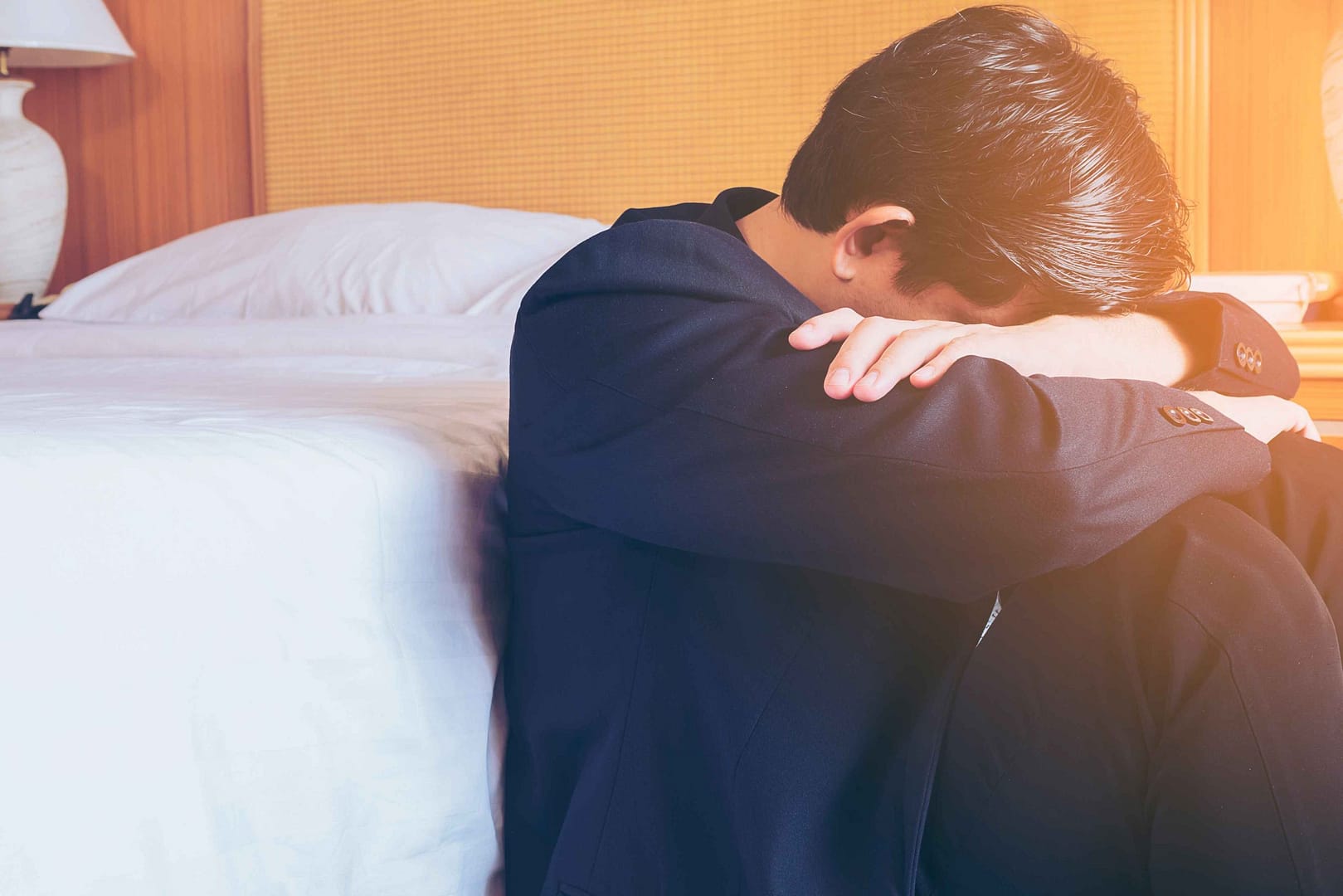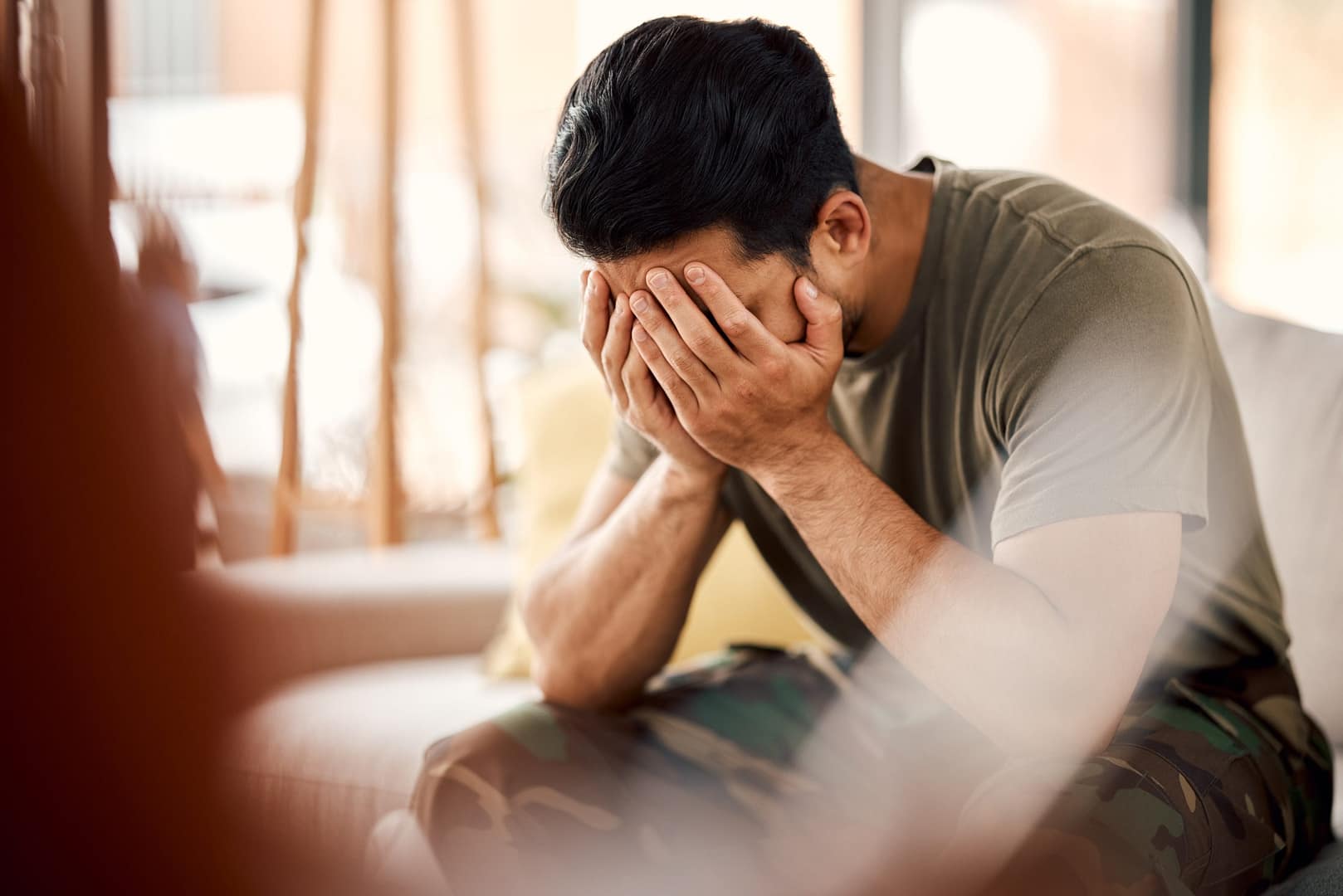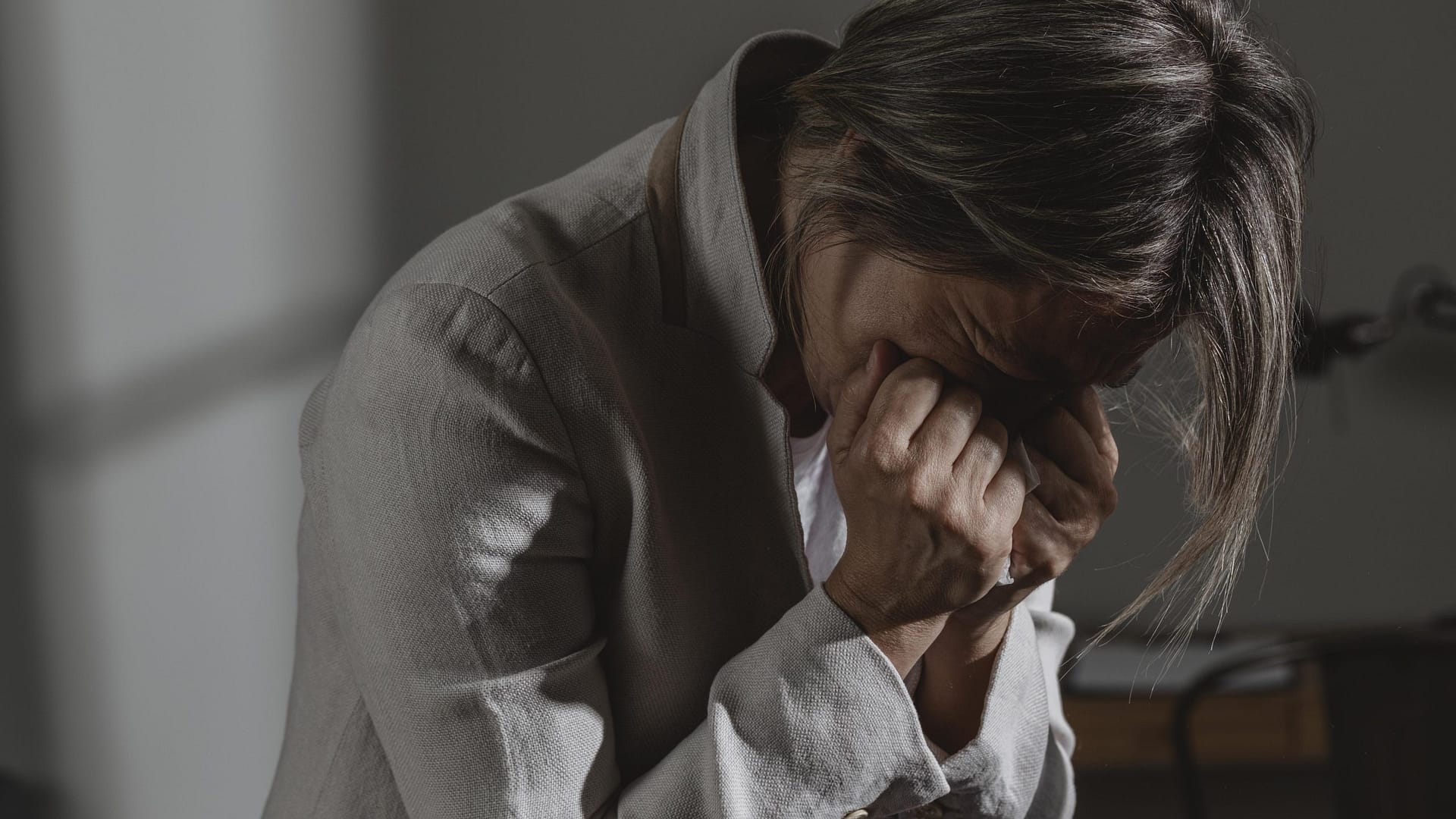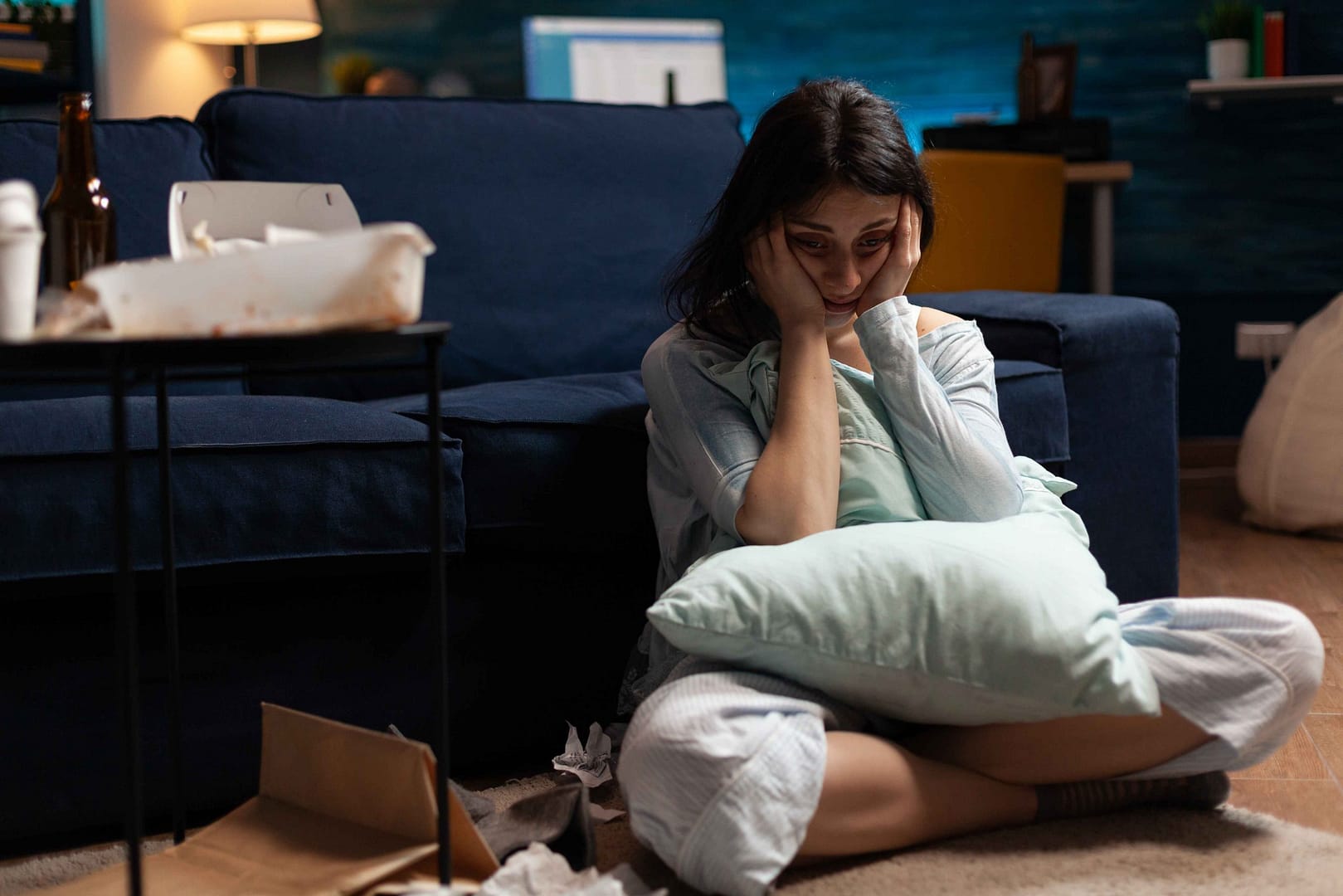
In today’s rapid-moving hyper-connected society, anxiety has become a widely recognized part of our everyday vocabulary. Nearly everyone has experienced instances of worry or fear at some point e.g., before a big test, job interview, or meeting new people. However, where do we consider normal feelings related to anxiety to cross over to an anxiety disorder or mental illness? First, is anxiety even considered a mental illness? This blog post will explore the nature of anxiety, the distinction between everyday anxiety and clinical anxiety disorders, and the larger conversation about mental illness, with a better understanding of anxiety and maybe even why it is worth thinking about more seriously.
What is Anxiety?
Anxiety is a normal human reaction and it is part of the body’s built-in alarm system, the ‘fight or flight’ response to keep us safe from danger. When we perceive a threat, real or imagined, our brain activates a number of physiological changes such as increased heart rate, rapid breathing, tense muscles, and raised alertness. The physiological changes prepare the body to fight or flee from the threat.
In today’s world, the threats we encounter are less about physical survival and more often about social, emotional, and psychological threats. The body continues to respond the same way, it is just that the “threats” now might involve uncertain financial support, concerns about relationships, concerns about job performance, things about which you have health concerns, etc. Feeling anxious in stressful situations is normal. Mild anxiety, for example, can help motivate you to study harder, perform better on an exam, and prepare better for the meeting. Sometimes anxiety becomes persistent in a way that affects your daily life and is more than just anxiety, especially when causes are considered.
Is anxiety a mental illness?
Indeed, anxiety can be defined as mental illness when it is excessive, chronic or debilitating. Anxiety is a normal human experience in certain scenarios, such as before a big decision, or an exam. However, anxiety is more than simple worry or fear. The different anxiety disorders include generalized anxiety disorder, panic disorder, social anxiety disorder, as well as phobias. Anxiety disorders qualify as mental illnesses because they indicate excessive, intense, and long term anxiety and fears, and can be impairing the way a person feels, functions or their overall health. Amazingly, many people with disorders can learn to better manage their symptoms with assessments, therapy, medications, and even lifestyle changes, or a combination of these anxiety treatment in NYC.
Causes of Anxiety Disorder
Anxiety disorders are caused by multiple factors. Genetic factors appear important as they often occur in families, with certain genes putting individuals at a greater risk of developing an anxiety disorder. Brain chemistry is also important to consider, as neurotransmitter imbalances (serotonin, dopamine, and GABA) ideally, with the added factor of hyperactivity in brain structures such as the amygdala. Environmental stressors can also contribute, particularly trauma, loss, and chronic stress. For individuals with genetic predispositions, it is even more likely to elicit anxiety symptomatology. Personality also raises risk of anxiety disorders; traits like shyness, perfectionism, and avoidance increase the likelihood of developing anxiety disorders. Finally, a host of medical conditions, including but not limited to, heart disease, thyroid issues, and breathing problems can exacerbate anxiety symptoms.
Is Shame Associated With Mental Health and Anxiety?
Even though awareness of mental health issues is increasing, stigma still exists about mental health concerns like anxiety disorders. Too often, there are people who think an individual has anxiety simply because they are “overreacting,” or that they just need to “calm down,” and “think positively.” This misunderstanding assumes anxiety is a choice or weakness. The reality is that anxiety disorders are actual diagnosable mental health conditions that need care and support – just like diabetes or high blood pressure need care and support. Minimizing or downplaying anxiety becomes counterproductive because an individual may feel isolated, ashamed, and not willing to seek help or therapy.
Coping with an Anxiety Disorder
Anxiety disorders are treatable and a particular combination of therapy is effective for anxiety disorders. The effective treatment is Cognitive Behavioral Therapy (CBT) that equips people with tools to identify negative thoughts, debunk negative thoughts, develop coping skills, and face fears gradually and in a safe environment. In some cases, medications will be prescribed which adjust chemistry in the brain and adjust symptoms. Medications may include Selective Serotonin Reuptake Inhibitors (SSRIs) such as sertraline or fluoxetine and Serotonin-Norepinephrine Reuptake Inhibitors (SNRIs) such as venlafaxine, and short-term benzodiazepines. Additionally, beta blockers may be prescribed for physical symptoms such as rapid heart rate. Finally, making some lifestyle changes, such as regular exercise, meditation, eating a healthy diet, reducing caffeine and alcohol, and mindfulness practices all can dramatically reduce anxiety.
Techniques for Self-Help to Enhance Therapy
While professional treatment is important, your recovery will be improved and assisted in combination with lifestyle changes. Movement, or even exercise (to some extent), can mitigate anxiety hormones and make one feel better overall. A health regimen with proper nutrition, healthy eating, and having all foods in moderation eliminating caffeine, sugar, and alcohol can help maintain your mood as well. Mindfulness of meditation, deep breathing exercises, and yoga can provide a calming of the mind and body, which of course helps to ease one’s stress level (and also reinforce healthy obey). Sleep hygiene is an important factor as well, for good quality sleep is extremely important for maintaining emotional stability. Connecting with family and friends is even better, as social support serves an important role in combating feelings of isolation. Once again, a combination of professional anxiety disorder treatment in NYC with these healthy habits, is generally thought to advance and improve the healing process (and ultimately emotional well-being).
Conclusion
Anxiety is a part of the human experience, but it can present as a mental illness when it is excessive, long-lasting, or debilitating to your everyday life. It is important to understand the difference between normal anxiety when you might need to seek professional help for anxiety disorder. There can still be a mental health stigma, but it is important to get help. Treatment for anxiety disorders can include cognitive behavioral therapy (CBT), medication and lifestyle changes and help treat the symptoms, so you can all get back to living a fulfilling life. The combination of professional treatment for anxiety disorder in NYC along with healthy lifestyle habits, provides an extremely strong base to help the brain heal, build resilience, and foster long-term emotional health.
Reference
- “Anxiety disorders.” World Health Organization (WHO), 27 September 2023, https://www.who.int/news-room/fact-sheets/detail/anxiety-disorders
- “Anxiety Disorders: Causes, Symptoms, Treatment & Types.” Cleveland Clinic, https://my.clevelandclinic.org/health/diseases/9536-anxiety-disorders
- “Anxiety – StatPearls.” NCBI, https://www.ncbi.nlm.nih.gov/books/NBK470361/
- “Anxiety disorders – Symptoms and causes.” Mayo Clinic, 4 May 2018, https://www.mayoclinic.org/diseases-conditions/anxiety/symptoms-causes/syc-20350961#:~:text=There’s%20no%20way%20to%20predict,to%20treat%20if%20you%20wait.
- Hanson, Jolene. “Identifying anxiety, depression signs.” Mayo Clinic Health System, 4 May 2022, https://www.mayoclinichealthsystem.org/hometown-health/speaking-of-health/addressing-your-mental-health-by-identifying-the-signs-of-anxiety-and-depression






